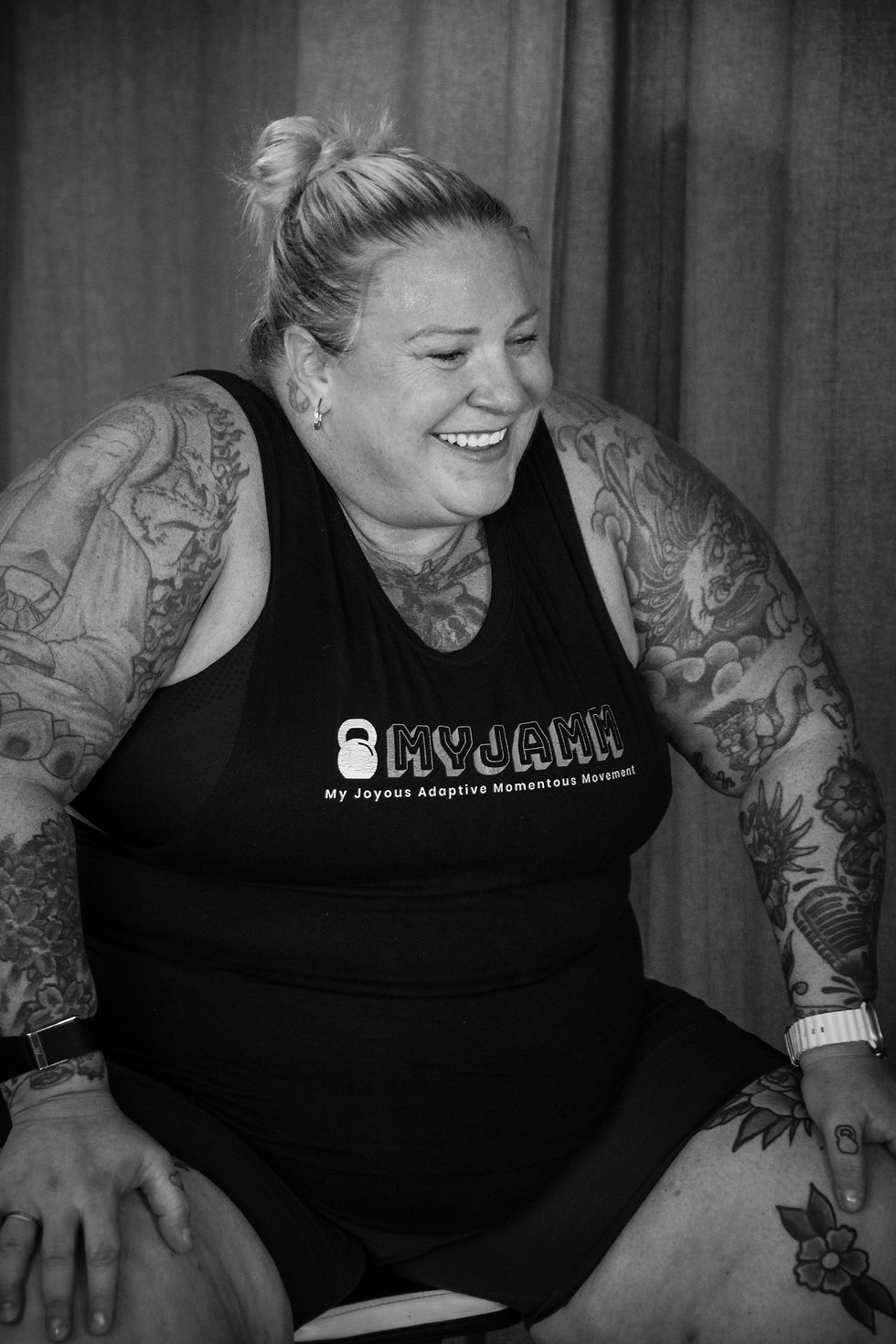Skinny is Back? Let’s Talk About What That Really Means
- Wendy JIMJAMM Welsher
- Aug 28, 2025
- 3 min read

Everywhere you look, the message is loud and clear: “skinny is back.” It’s in the headlines, whispered in celebrity interviews, and plastered all over social media. The pressure is everywhere: get smaller, no matter what it takes.
And what’s fueling it this time? The rise of GLP-1 drugs—Ozempic, Wegovy, Mounjaro—sold as miracle injections that “melt” weight away. Celebrities are rumored to use them, influencers hint about their “secret,” and ads promise quick, easy results.
But here’s the thing: we’ve been here before. Every decade, diet culture puts on a new costume—a different pill, program, or trend. And every time, the story ends the same: billions of dollars made, people harmed, and folks left thinking the problem was them all along.
And let me make this personal: I’ve been asked three or four times to promote weight-loss products. The most recent was a GLP-1 campaign offering me $600 to make “authentic” videos they could run as ads. The irony? I spend my life speaking out against diet culture. But to these companies, it doesn’t matter—they just want more faces selling the idea.
This isn’t about health. This is about profit. And while the spotlight shines on “miraculous weight loss,” the truth is there are real risks: muscle loss, stomach issues, gallbladder problems, depression, and even emergency room visits.
Behind the hype are real people—just like you and me—dealing with consequences no one warned them about.
Diet Culture Has Always Been a Business
Diet culture makes billions by convincing us our bodies are wrong—and then selling us the “fix.” GLP-1s are just the latest version of that business model.
Look back through history:
In the 90s, fen-phen was sold as the miracle answer—until it caused heart valve damage.
In the 60s, doctors handed out amphetamine “rainbow diet pills” that led to addiction and even deaths.
In the 2000s, Alli hit the shelves, and users joked about the uncontrollable “oily leaks.”
Every era has its “miracle,” and every era leaves behind a trail of harm.
The Human Side of Side Effects
It’s easy to list side effects, but these drugs impact real lives:
Maria, a teacher in her 40s, started Ozempic because doctors told her it was holding her back. Within months, she ended up in the ER twice for dehydration and was diagnosed with gastroparesis (stomach paralysis). “No one warned me I might not be able to eat normally again.”
David, a 55-year-old dad, lost 40 pounds on Wegovy. But he also lost so much muscle and bone strength that stairs left him winded. His doctor told him his bone density had dropped too. “I wanted to feel stronger, not weaker.”
Jasmine, a 28-year-old creative, thought injections would help her “finally fit in.” Instead, she developed gallstones, lost hair, and ended up in surgery. Now she’s left with medical bills and emotional scars.
These aren’t one-offs. A study found nearly 25,000 ER visits in one year tied to GLP-1 complications—most from GI issues, dehydration, or low blood sugar.

The Marketing Machine at Work
Companies know the risks—but that’s not what sells. What sells is the illusion that these drugs are glamorous, effortless, and safe.
And it’s not just TV ads or billboards. They’re paying creators to make the message look “real.” I know, because I’ve been asked multiple times.
That’s how diet culture works: it doesn’t just sell products, it sells stories. Stories designed to make you think “everyone’s doing it.”
Why Diet Culture Keeps Winning
Because it’s profitable.
Five years ago: “strong is the new skinny.” Before that: “heroin chic.” Now: “skinny is back.” The look changes, but the message stays the same: you’re not enough unless you buy in.
And now, with Big Pharma in the game, the money—and pressure—has never been bigger.
What We Deserve Instead
✨ Food as fuel, not punishment. Eat enough—protein, carbs, fats—to feel strong, energized, and alive.
✨ Movement as joy, not penance. Move your body because it feels good—not to make up for food.
✨ Celebrating every body. Health isn’t a size. Worth isn’t conditional.
✨ Truth over marketing. We all deserve the full story—not just shiny promises.
Final Thought
Diet culture doesn’t care about your health. Big Pharma doesn’t care about your health. They care about profits. And they’ll keep pushing “skinny is back” until the next trend comes along.
And I know this because they’ve tried to use me to sell it—over and over. If they’ll come to me, imagine how many others they’ve recruited to flood your feed with “authentic” stories that aren’t authentic at all.
But you don’t have to buy in. When you fuel your body, move with joy, and celebrate yourself as you are—you take your power back.
Your body is not the problem.Diet culture is.




Comments